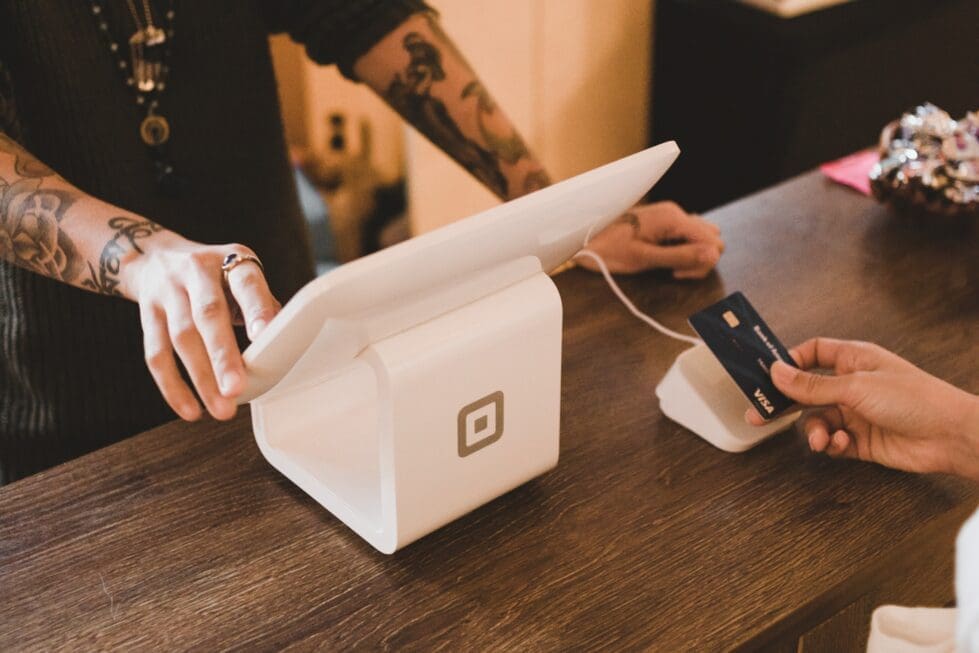
The Division of Small Business has several programs to help small businesses.
With the Delaware House and Senate declaring May Small Business Month, the state agency focused on highlighting ways it can help.
According to annual reports by the Division of Small Business, which was established in 2018, there were then 24,782 small businesses in the state. Small businesses are defined as a company with less than 100 employees.
That increased to 24,851 in 2019, 24,873 in 2020, 25,282 in 2021, and 27,111 in 2022.
Those numbers come from the U.S. Census Bureau, which publishes data on the number of businesses two years after the fact, so the most recent numbers the division published are from 2020.
During that same period, the number of jobs and wages also increased, going from around 220,000 workers and $10 billion in wages in 2018 to 239,512 jobs and $13.8 billion in wages in 2022.
Many times, First State small businesses need the help to continue thriving.
According to a LendingTree analysis of Bureau of Labor Statistics data, businesses in Delaware have a 22.5% failure rate after one year, the 23rd highest in the country. They also have a 55% failure rate after five years, the third highest in the country, and a 67.8% failure rate after 10 years, the 10th highest in the country.
Related Story: Delaware gives big grants to 10 small businesses
Laura Wisler, deputy director of the Division of Small Business, said they can do a lot to help.
“There’s no wrong door, whether they’re coming in federally through the [Small Business Administration], or the SBDC Small Business Development Center,” Wisler said. “We work a lot with the local towns in the main street programs. So if there’s a small business in Main Street, they can also come to us for any kind of help. So I don’t have an exact number. But we do the best we can to expand our net.”
COVID-19 has had a negative impact on businesses, in general, she noted, and that led to some revamping.
“There was a lot of resiliency that came out of that as well,” Wisler said. “Businesses had to think outside of the box and transition … We had restaurants that had to expand their footprint to outdoors and transition to to-go sales. And we had a lot of our small business transition to online and just rethinking to stay alive.”
As part of the State Small Business Credit Initiative, Wisler said the division received about $20 million in federal funding for four programs to help small businesses, with two more installments of $20 million to be disbursed once the division uses 80% of its first $20 million.
Those programs include:
- The Accelerator and Seed Capital Program involves the division working with up to two fund managers to give money to certain very early or idea-stage start-ups, typically STEM focused and ones with 10 or fewer employees.
- The Early-Stage Venture Capital Program involves the division working with fund managers to provide seed and early-stage venture capital to Delaware-based companies that are most likely STEM focused.
- The Delaware Loan Participation Program involves the division getting small businesses that wouldn’t be able to get enough funding from banks the money they need to grow their company.
- The Delaware Capital Access Program creates a reserve fund that can be used as loan collateral for banks making business loans that may not normally qualify for a conventional bank loan.
Lender applications for the Accelerator and Seed Capital Program and the Early-Stage Venture Capital Program are due by the end of May, with announcements on which lenders will be chosen to be announced in August.
Small businesses interested in utilizing either the Delaware Loan Participation Program or the Delaware Capital Access Program can contact their bank to participate in the programs.
The Small Business Division also helps companies with its Encouraging Development, Growth and Expansion or EDGE grant, which, after starting in 2019, has given out $4.2 million to 68 Delaware small businesses.
Related Story: Division of Small Business Awards EDGE Grants to 10 Delaware Companies
Andrea Wojcik, director of communications with the Division of Small Business, said one business used the grant to help expand their business.
“One Way Insurance in Seaford. They are a former EDGE grant winner…And they got funding in 2021,” Wojcik said. “With that funding, they were able to purchase a mobile van and they made a variety of different connections through the SBA the SBDC and we’re able to get it wrapped…get graphics on it and so they may have now converted it into what they say is the first mobile insurance office in the state.”
Gertha Jean, cofounder of One Way Insurance said that they finished their mobile van a few weeks ago and still appreciate getting the grant because it has helped raise awareness for the grant and their business on social media.
“So with us being a recipient of the EDGE grant, I know a lot of businesses now are reaching out to us and saying ‘how can we apply? What they can do,’” Jean said. “So it’s bringing more awareness of the EDGE grant itself…[we’ve received] more social media presence. And it’s a big blue van.”
Share this Post




